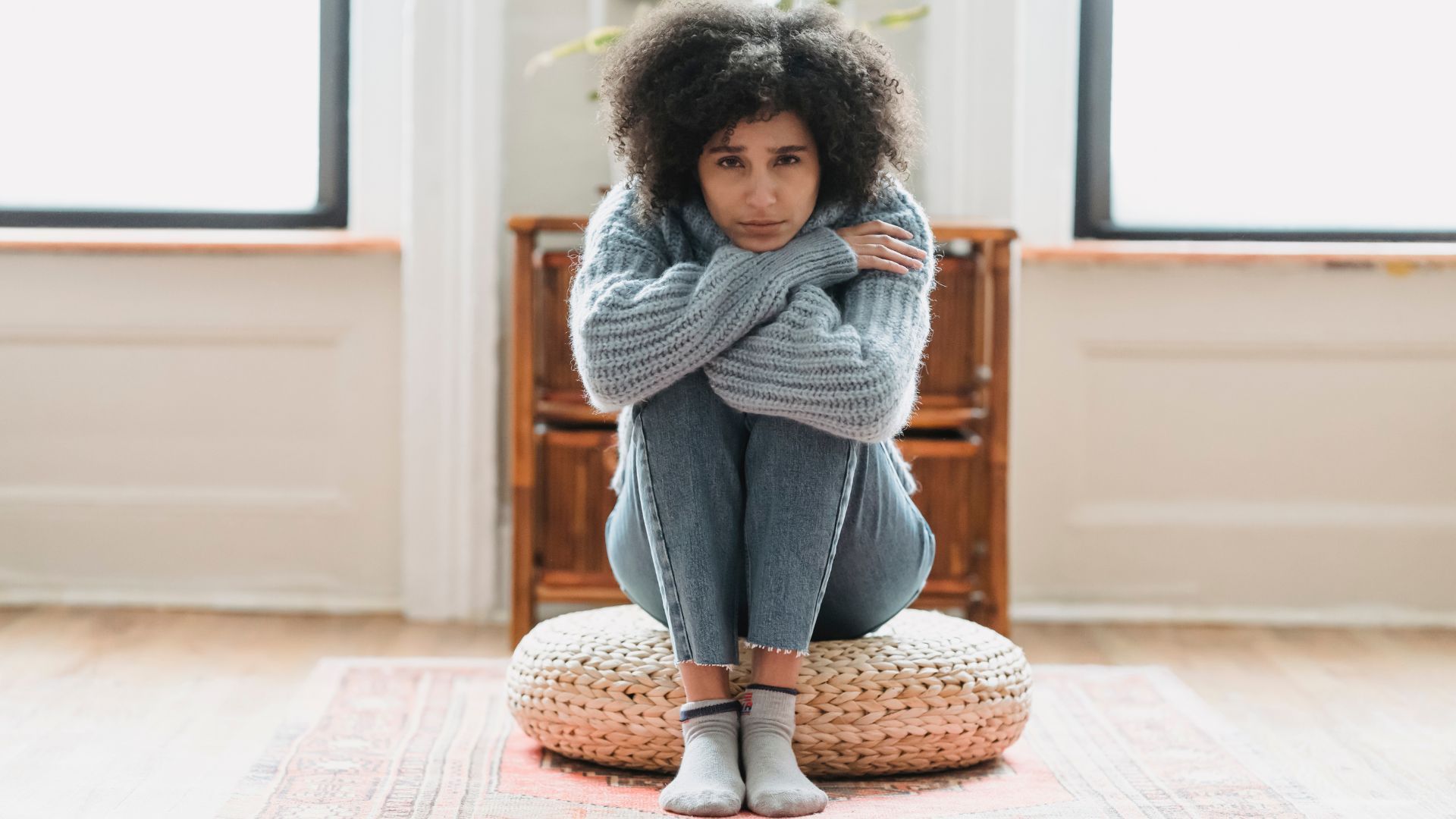Human Trafficking
Human trafficking is the use of force, fraud, or coercion to obtain labor or a commercial sex act.
Trafficking is a multi-billion-dollar industry and the demand isn’t going away. The roots of prostitution and trafficking are often found in severe childhood abuse, loss, and/or neglect. It is these traumatic childhood experiences that push individuals (predominately children) towards homelessness, addiction, prostitution, trafficking, and incarceration. (Thistle Farms, 2020).
What is Human Trafficking?
Key Statistics, Myths, and Resources
Human trafficking is a global crisis that affects millions, and it’s happening right here in Michigan. Vulnerable populations, including children and adults, are at risk of exploitation for both labor and sex trafficking. To gain a clearer understanding of the issue, it's important to review key statistics, confront common myths, and explore resources that offer support and education.
Human TRafficking Statistics
Human TRafficking Myths & Facts
Trafficking is almost always a violent crime.
Actually, many survivors of trafficking were carefully manipulated into exploitative situations rather than being kidnapped or otherwise physically forced. The coercion most human traffickers use is psychological, involving “threats, tricks, and defrauding.” Most survivors also knew their trafficker—whether as a romantic partner, a family member, or at least an acquaintance. In any case, trafficked individuals are certainly at a higher risk of experiencing violence as long as they are exploited for profit.
Only women and girls are victims and survivors of trafficking.
Women and girls are indeed disproportionately affected by trafficking, but men and boys are also forced into both labor and sex trafficking. About 30 percent of individuals in active trafficking situations—about 12 million people—are male. Unfortunately, male victims are less likely to be reported, especially in sex trafficking situations. Along with young men, LGBTQ and nonbinary individuals are particularly vulnerable to trafficking.
Trafficking is mainly a problem in underdeveloped countries.
Trafficking occurs every day in the U.S. and other industrialized countries, too—it affects every country in the world. This criminal industry generates an estimated US $150 billion in profits annually worldwide. Almost one-third of this profit (US $47 billion) is generated entirely from trafficking in developed nations, namely the European Union and the United States. The U.S. alone deals with both sex and labor trafficking in every state.
There’s nothing I can do to stop trafficking.
To help stop human trafficking, you can stay informed by learning the signs of trafficking, such as someone showing signs of fear, anxiety, or control by another person. Report suspicious activity to the National Human Trafficking Hotline or local authorities. You can also support organizations that work to combat trafficking and spread awareness by sharing information within your community. Staying vigilant and speaking up can make a big difference in preventing and stopping trafficking.
Trafficking entails some form of travel or transportation across borders.
Trafficking does not necessarily entail movement across state or national borders—that’s human smuggling. However, smuggling can turn into trafficking “if the smuggler uses force, fraud, or coercion to hold people against their will for the purposes of labor or sexual exploitation.” “Human trafficking” simply refers to the coercive monetization of another human against their will, whether they are moved or kept where they are. Indeed, trafficked individuals are often recruited from their own home towns, sometimes even their own homes.
Human TRafficking Resources
List of Services
-
Call 911List Item 1
In any emergency or immediate threat, contact local law enforcement by dialing 911.
-
National Human Trafficking HotlineList Item 2
Call 1-888-373-7888 or text "HELP" or "INFO" to 233733 for confidential support and to report suspected trafficking.
-
National Center for Missing and Exploited Children (NCMEC)List Item 3
If a child is involved, call their hotline at 1-800-THE-LOST (1-800-843-5678).
-
State of Michigan Human Trafficking HotlineList Item 4
Call 1-888-373-7888 for state-specific help in Michigan. This is the same number as the national hotline, but they can direct resources locally.












